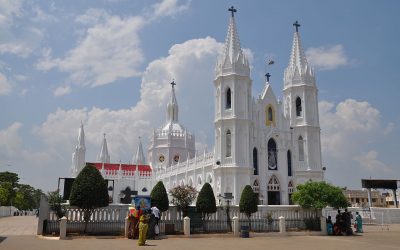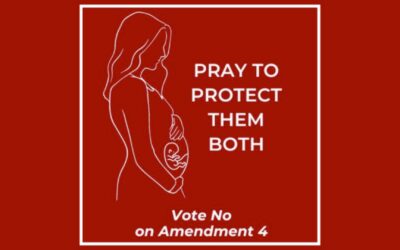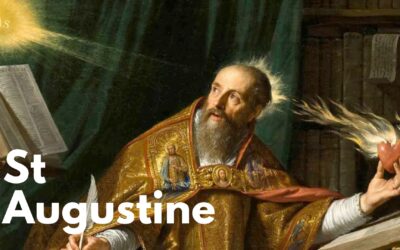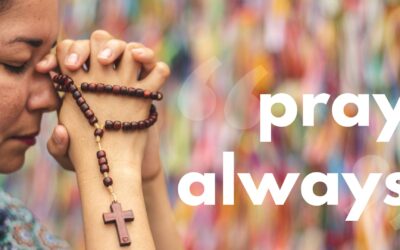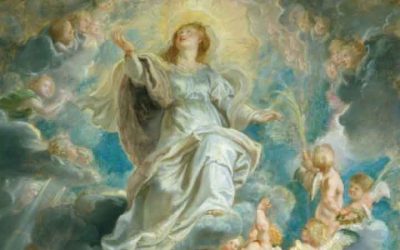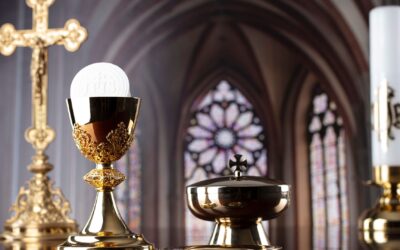A Message from Father Nathan
My dearest people who are all close to my heart!
Lots of love, blessings, and prayers to you all.
the Solemnity of the Body and Blood of Christ.
June 16th
This coming week, we are going to celebrate the Solemnity of the Body and Blood of Christ. I believe it is great that we learn and refresh our theological treaties on this experience.
The Institution of the Eucharist
The Institution of the Eucharist is found in the synoptic Gospels accounts of the Last Supper (Luke. 22:14-20; Mt.26:26-30; Mk. 14:22-26). In the Gospel of Matthew, for example, we read:
“During the meal, Jesus took bread, blessed it, broke it, and gave it to His disciples “Take this and eat it, he said, “this is my body”. Then he took a cup, gave thanks, and gave it to them. “All of you must drink from it”, he said, “for this is my blood, the blood of the new covenant, to be poured out in behalf of many for the forgiveness of sins.”
– Matthew.26: 26-30.
Notice that Jesus does not say this is a symbol of my body or this represents my blood, but He is very literal in His description. The gift of himself was symbolized by the “breaking of the bread”, and it was “this expression that the first Christians used to designate their Eucharistic assemblies.
As St. Paul testifies,
“Because there is one bread, we, who are many are one body, for we all partake of the one bread.”
– Cor 10::17.
This is the fulfillment of the words of Jesus when he said…
I am with you always, to the close of the age:
– Matthew. 29 20
The Church took Christ at His word, He teaches that the Eucharist is “the source and summit of Christian Life” and that Christ gave it to us, “to perpetuate the sacrifice of the cross throughout the ages until he should come again, and so to entrust to his beloved Spouse, the Church, a memorial of His death and resurrection: a sacrament of love, a sign of unity, a bond of charity, a Paschal banquet in which Christ is consumed, the mind is filled with grace, and a pledge of future glory is given to us” (Catechism of the Catholic Church, p.334, para.1323).
The Eucharist – Jesus’ Gift to Us & the Church
What more powerful and loving gift could our Lord have given than the gift of himself? Jesus instituted the Eucharist as a memorial of his death and resurrection and by commanding his apostle to offer this “in remembrance of me” (anamnesis) until his return, by ordering its perpetual celebration he made them priests of the New Covenant.
This was a measure of his love that made them sharers of his Passover, which is anticipated in the Last Supper as the memorial of his voluntary offering to the Father for the salvation of all men.
He said
“this is my body which is given for you”
and
“This cup which is poured out for you is the New Covenant in my blood”
– Lk 22:19-20; 1Cor 11:24-25
In the Holy Sacrifice of the Mass, which replaced the temple sacrifice of the Jews, the Church daily takes to heart the words of Jesus to the Apostles, “Do this as a remembrance of me”.
The Mass is celebrated approximately 300,000 times each day so that at any given moment, somewhere in the world, our Lord’s great Passover is celebrated, remembered, and consumed with reverence. As the Church notes in the catechism, “Christian liturgy not only recalls the events that saves us but actualizes them, make them present. The Paschal mystery of Christ is celebrated, not repeated. It is the celebrations that are repeated, and in each celebration, there is an outpouring of the Holy Spirit that makes the unique mystery present”.
The Eucharist – a personal relationship with Jesus
Receiving Jesus in the Eucharist is the ultimate communion, a personal relationship of great intimacy, holy and profound, and as Catholics say at every Mass before Communion, we must say “ Lord I am not worthy, but only say the word and I shall be healed.”
Let us give thanks to God as we approach this great mystery of our redemption!
God bless you all.
With lots of love and blessing.
Ever at your service.
—Fr. Sahayanathan Nathan
Set up Online Giving.
You can make a one-time donation or set up recurring gifts.
Join our Parish Family
Register in the parish, so that it’s easy to become a confirmation sponsor or Godparent.
Want to Lend a Helping Hand?
Find volunteer opportunities and share your talents.
Need a Helping Hand?
We are here to help. Request home visits, send a prayer request. For urgent needs call 954.943.3684
Past Messages from Father Nathan
From The Desk Of Father Nathan | September 08, 2024
The Basilica of Our Lady of Good Health, also known as Sanctuary of Our Lady of Velankanniis a Christian shrine dedicated to the Blessed Virgin Mary located in India.
From The Desk Of Father Nathan | September 1, 2024
VOTE NO- Florida Amendment 4, which will appear on Florida’s November 2024 ballot, is an extreme proposal that legalizes full-term abortion with no protections for the preborn child, including when the child is capable of feeling pain.
From The Desk Of Father Nathan | August 25, 2024
Pray always. Pray for each other. Pray for our nation. Let our faith in Jesus Christ sustain us in everything.
From The Desk Of Father Nathan | August 18, 2024
Pray always. Pray for each other. Pray for our nation. Let our faith in Jesus Christ sustain us in everything.
From The Desk Of Father Nathan | August 11, 2024
The Church celebrates the Solemnity of the Assumption of the Blessed Virgin Mary. Her assumption into Heaven — Body & Soul.
From The Desk Of Father Nathan | August 04, 2024
I have heard many concerns about the Olympic opening ceremony. It should never have happened. Turn to the Eucharist.

